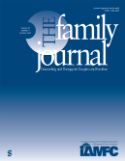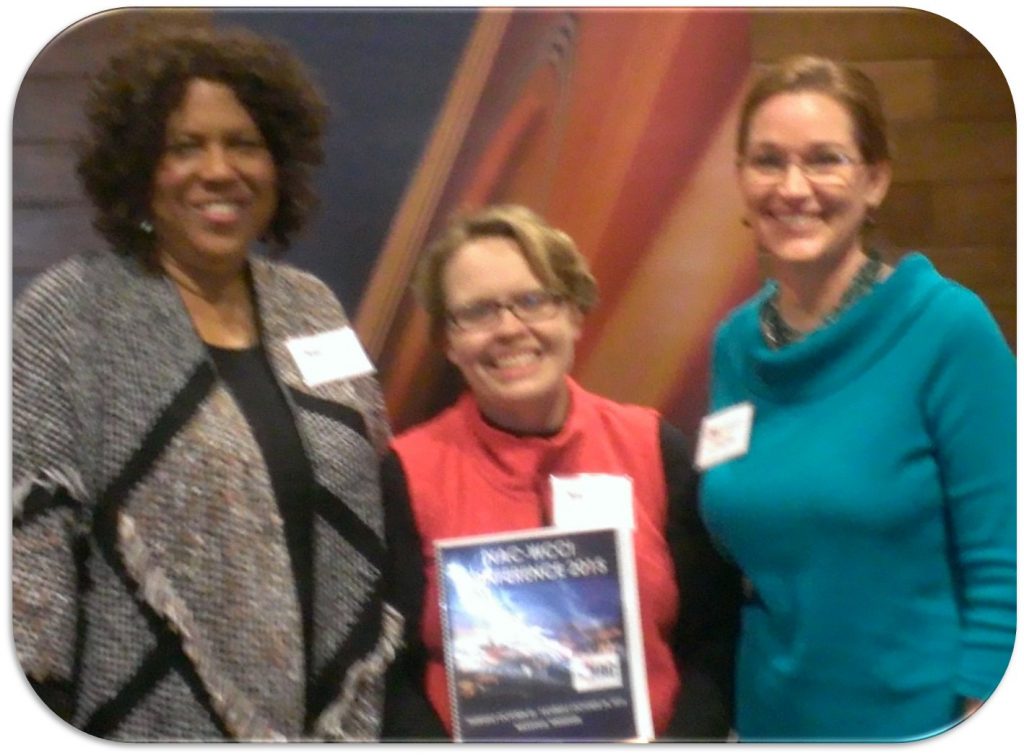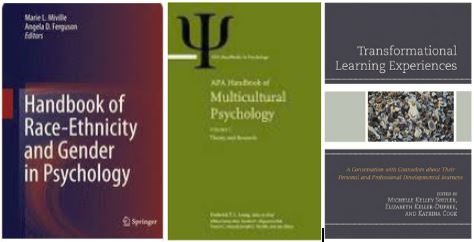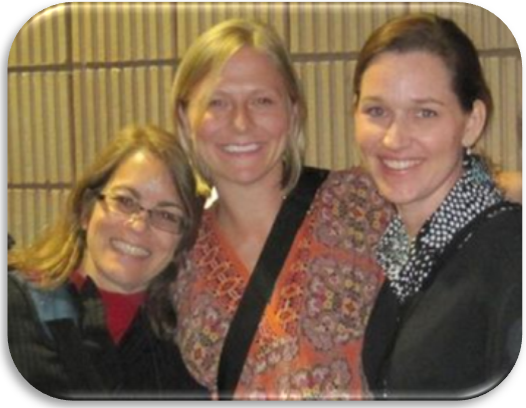An individual’s spiritual or religious beliefs are often central to their outlook on life and their personal well-being. Therefore, it is imperative for counselors to acknowledge and help clients in a way that is aligned with those beliefs and meet the clients where they are. To help counselors gain more comfort with the variety of spiritual and religious philosophies and issues in counseling, these research studies were focused on exploring this area more. I think Abraham-Hicks says it perfectly:
“It doesn’t really matter what religion anybody believes. If their life is working (and there are many different approaches to life that are working very well) then why not let them believe whatever they want to believe? It’s all working in the way that it is supposed to be. There are religions that you wouldn’t want anything to do with, that are perfect mechanisms for the people who are involved in them. And therefore, they are a very good thing.”
The Relationships between Marital Satisfaction, Meaning in Life, Religious Faith, and Political Orientation

Two quantitative studies were conducted exploring the relation between several variables. Data was collected through regional surveys. Research was conducted with Dr. Jill Duba Sauerheber exploring the relationship among and between marital satisfaction, meaning in life, and political orientation the published in The Family Journal in 2024. An earlier study conducted with Dr. Jill Duba Sauerheber, Dr. Aaron Hughey, Bradley Ginn, and Austin Stethen exploring the relationship among and between marital satisfaction, religious faith, and political orientation was published in The Family Journal in 2021.
Caregiver Strain: Assessing the Stress and Needs for Caseworkers and Paraprofessionals Serving International Refugees

This was an interprofessional qualitative needs assessment and delivery of resources and support for caseworkers and paraprofessional staff members providing services to the local international refugee population in Bowling Green, Kentucky. Training for the staff included deescalating crisis with clients, basic counseling skills, compassion fatigue and burnout, and combating violence: how to manage abusive homes. Data was collected through a series of focus groups at three agencies where case managers serve the refugee population. Preliminary results were presented during the Kentucky Counseling Association conference and North American Chapter World Council for Curriculum and Instruction (NAC-WCCI) conference (2015). Research was conducted with Dr’s Dawn Wright and Saundra Starks. Grant funding was provided: Wright, D. G., Starks, S. & Pence Wolf, C., (2015, April 3). Caregiver Strain: Assessment of Stress and Needs for Caseworkers and Paraprofessionals Serving International Refugees. WKU ALIVE Center Community-Based Research Grant ($1,324).
Multicultural Religion and Spirituality

Earlier research collaborations in the intersections of multicultural religion and spirituality with race-ethnicity and gender in counseling. They led to follow on projects which included additional presentations and book chapter publications with Dr’s Mary Fukuyama, Ana Puig, and Adrienne Baggs in the Handbook of Race-Ethnicity and Gender in Psychology (2014) and APA Handbook of Multicultural Psychology (2014). An additional individual chapter (Crossing Border: Understanding the Muslim Experience from a Non-Muslim Perspective) was published inTransformational Learning Experiences: A conversation with Counselors about their Personal and Professional Development Journeys (2017)
Integrating Spiritual and Multicultural Competencies into Counseling

We explored the elective graduate course: Integrating Spiritual and Multicultural Competencies into Counseling at the University of Florida. This included a pilot study through focus group interviews of students who completed the spring 2009 semester class. The syllabus was adjusted based on student feedback and ensured that the course objectives were in alignment with the new ASERVIC competencies (2009). A follow on study with the spring 2010 course collected pre & post quantitative data (how students rate themselves on the 14 ASERVIC competencies) and post qualitative data (focus group interviews after completion of the course). The results of the pilot study were presented at the American Counseling Association (ACA) conference (2010) and final results were presented at the ACA conference (2011). This research study was conducted in collaboration with Dr’s Adrienne Baggs, Ana Puig, and Mary Fukuyama. Grant funding was provided: Baggs, A., Pence Wolf, C., Puig, A., & Fukuyama, M. (2009, May 22). Integrating Spiritual and Multicultural Competencies into Counseling: A Course Evaluation Study. University of Florida Center for Spirituality and Health Research Grant ($1000).
Spiritual and Religious Barriers in Supervision

Additional research in this area is focused on exploring the spiritual and religious barriers in supervision and strategies to overcome those. We used a Delphi qualitative method where we look to the experts in the field to better understand the issues. The research results were presented at the American Counseling Association conference (2011) and published an academic article in the Journal of Counselor Education and Supervision. This study was conducted with Dr’s Chris Adams, Adrienne Baggs, and Ana Puig. Grant funding was provided: Adams, C., Baggs, A., Pence Wolf, C., & Puig, A. (2009, July 17). Spiritual and Religious Barriers in Supervision: A Delphi Study. 2009 Association for Counselor Education and Supervision Research Grant ($1000).
